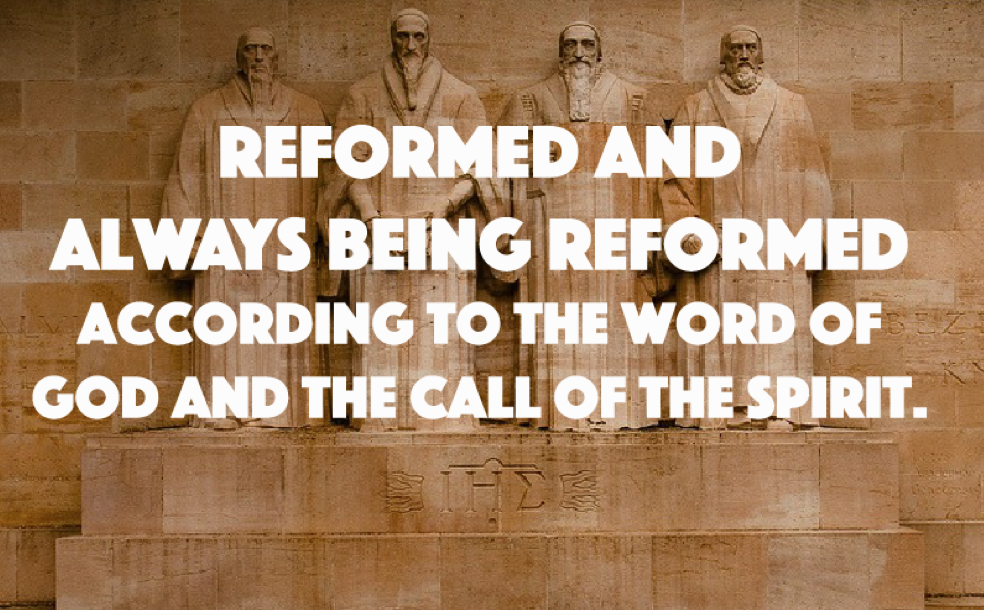
1 Kings 5:1-5; 8:1-13; John 2:13-22
This week we hear another story of Call – that of King Solomon, who built the first Temple in Jerusalem. Envisioned by his father David, it was Solomon who finished the completion and dedicated the sanctuary. Today’s passages are selected from the larger narrative of the preparation (1 Kings 5); construction (6 & 7) and dedication and official putting into operation (8) of the Temple in Jerusalem. We read of the glory given to God, as Solomon is able to build a house worthy of God’s name. He’s able to do this because his reign knows great peace, and so consequently the neighboring countries are allies and cooperate in this massive construction project in Israel’s capital city. And yet…
READING BETWEEN THE LINES: Our selection jumps from 1 Kings 5:6 to 8:1; parts of which are key in knowing what was going on.
The Cost of Opulence: The construction of the Temple is done with the help and generosity of Gentiles (King Hirian, for example), it involves costly materials, the best possible, deemed worthy of God. This includes in particular cedar and cypress (the best woods) from Lebanon – 1 Kings 5:8-12. This is done with the awareness that “cedar” has long been taken as a social symbol of affluence that invites a sense of autonomy from God, self-indulgence and indifference to the needs of the poor. See Isaiah 2:13; Isaiah 37:24; Jeremiah 22:14-15; and Zephaniah 2:14. It’s a sign of opulence and extravagance, indicating a move away from genuine neighborly care towards multinational trade, and an impersonal economic structure. Solomon assumed such heavy debts in this construction that he is forced to pay off King Hiram by handing over twenty towns in the Galilee (I Kings 9:11).
Work done by slave labor. Solomon uses a “huge work force” to accomplish this great construction. In straight language, he uses conscripted, or slave labor, 1 Kings 5:13-17. Solomon seems to forget the history of his people who were slaves in Egypt, the very thing Yahweh delivered them from in the Exodus, calling them to a life of freedom, worship God-centered communal living. Solomon becomes a new Pharaoh. See Exodus 5:10-14
Changing Israel’s Identity to bit in with other nations. Solomon enters into a trade pact with foreign powers to acquire these costly, foreign materials, a self-indulgent cooperation with a world of trade and commerce viewed as fundamentally alien to the covenant identity of Israel. “Like Tyre, Israel becomes a global economic power in which the needs and yearnings of citizen-subjects are completely submerged in ambitious royal schemes.” (Bruggemann) See Isaiah 2:6-22 & 58:2-3, 13.
Questions for the practice of Examen & Contemplation
- What shimmers for you in this passage?
- What word, phrase or image touches your life today?
- How does the story of the call of Solomon intersect your own story?
- How have you misunderstood God’s call in your life?
- Talk with God about your own times of being lost in how you perceive God, perceive yourself; or perceive others?
- How are you in need of being re-formed into the creation that God made you to be? How does Jesus show you the Way to that?
Download a PDF study guide for these texts at capcoakland.org HERE